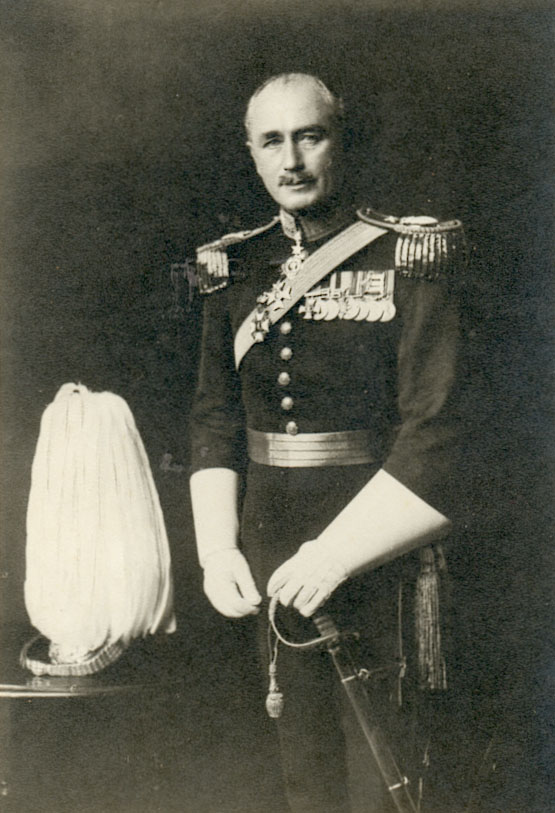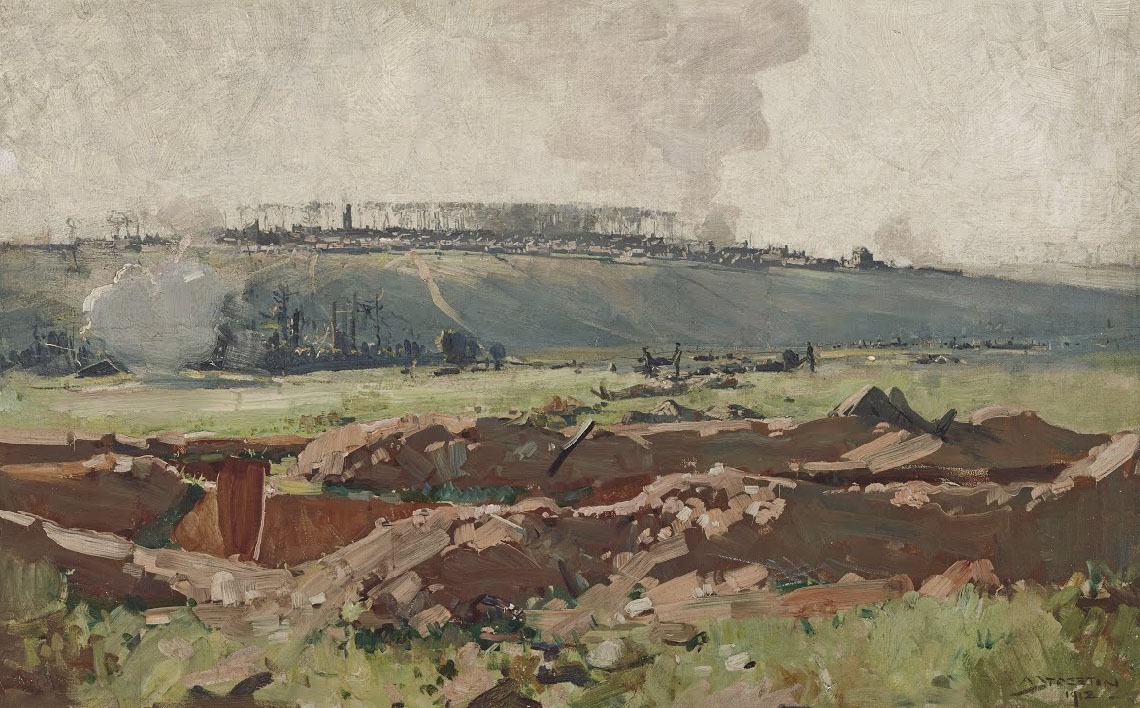The older brother of my great-grandmother, Georgiana Graham, was John Berney Worgan who had been born, like all his siblings, at Catthorpe in Leicestershire, where his father was curate at St Thomas’s church. John went up to Trinity College, Cambridge in 1856 but abandoned his course in favour of entry into the Bengal Civil Service. There he became a Magistrate and Collector, supervising a local administrative area. He would eventually become a judge in the Indian High Court. He had returned to England on furlough in 1866 where, in Brighton, he married his second cousin, Bertha Woods.
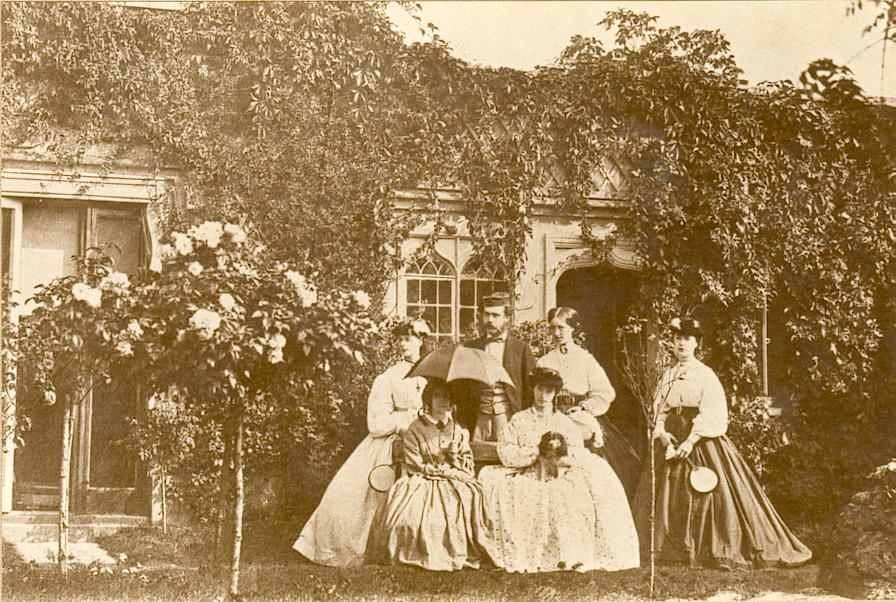
Returning to India, John and Bertha raised a family of ten children, six girls and four boys (another boy had died in infancy) before Bertha died, in London, on the day before her 47th birthday.
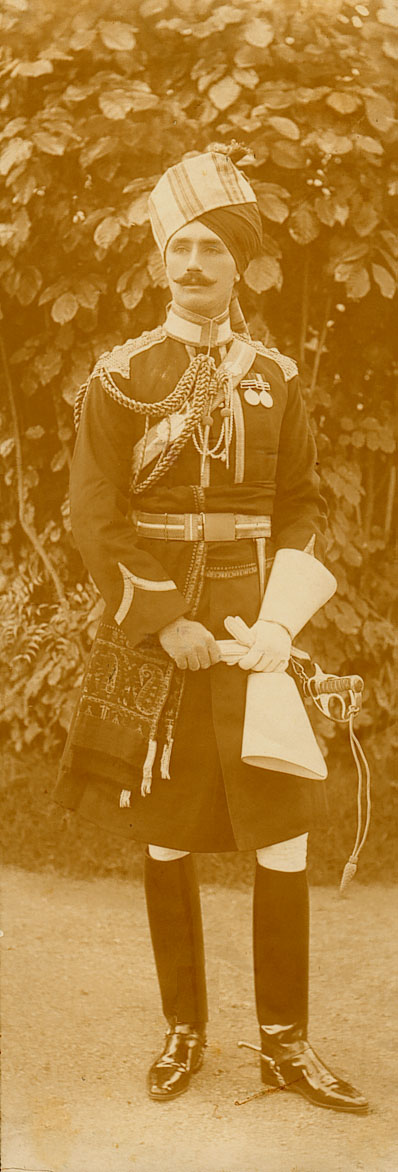
The youngest of the boys, who was only eight when his mother died, was Rivers. Evidently educated, to begin with, in India, he finished up at Bedford School from where he went to the Royal Military Academy at Sandhurst before being commissioned in the Army Service Corps in 1900. After service in the South African War he transferred, in 1905, into the 20th Deccan Horse, a regiment in the Indian Army. There must have been something that marked this young Lieutenant as someone to watch, for within a couple of years he had been appointed ADC to the Governor of Madras, Sir Arthur Lawley, the first of several such posts Rivers Worgan was to hold over the next 20 years that emphasised has strengths in administration and efficiency. In 1909 he was promoted Captain.
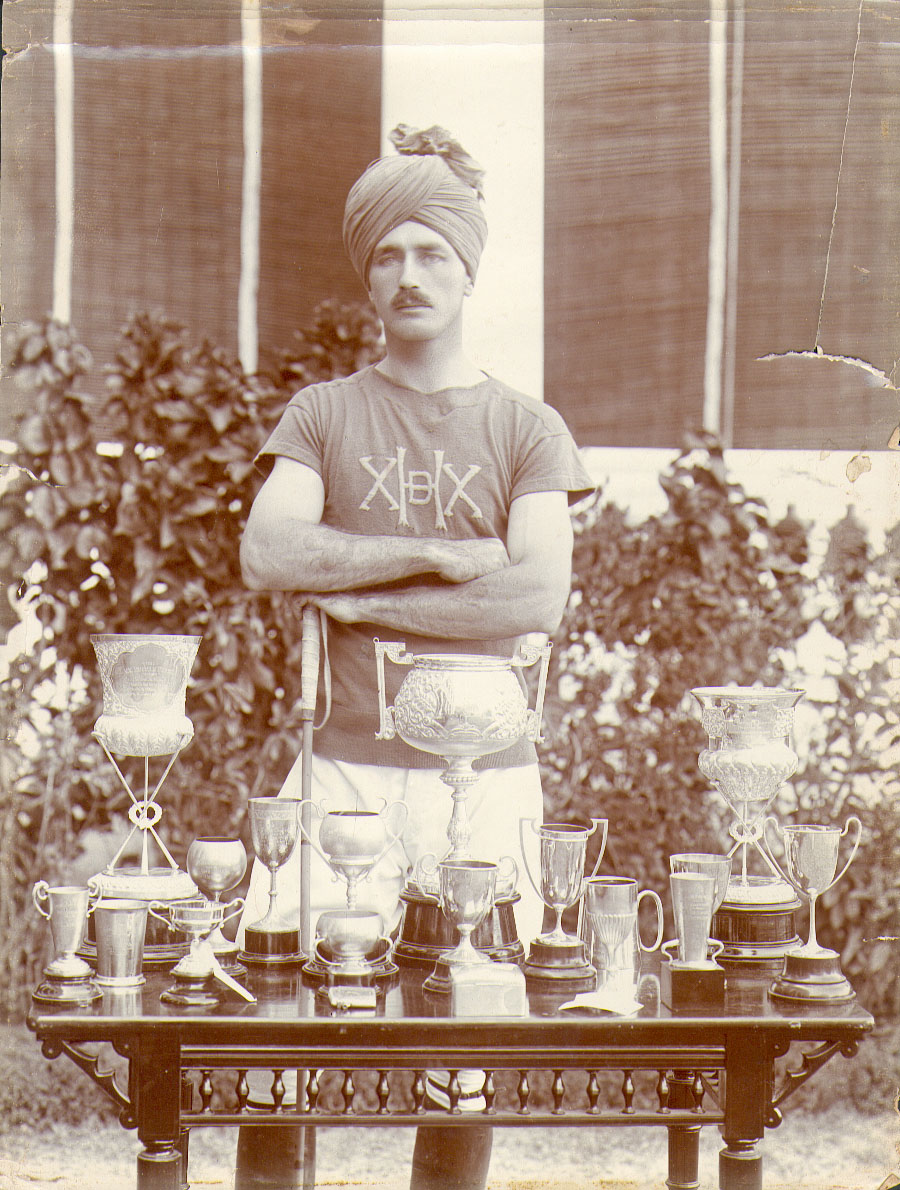
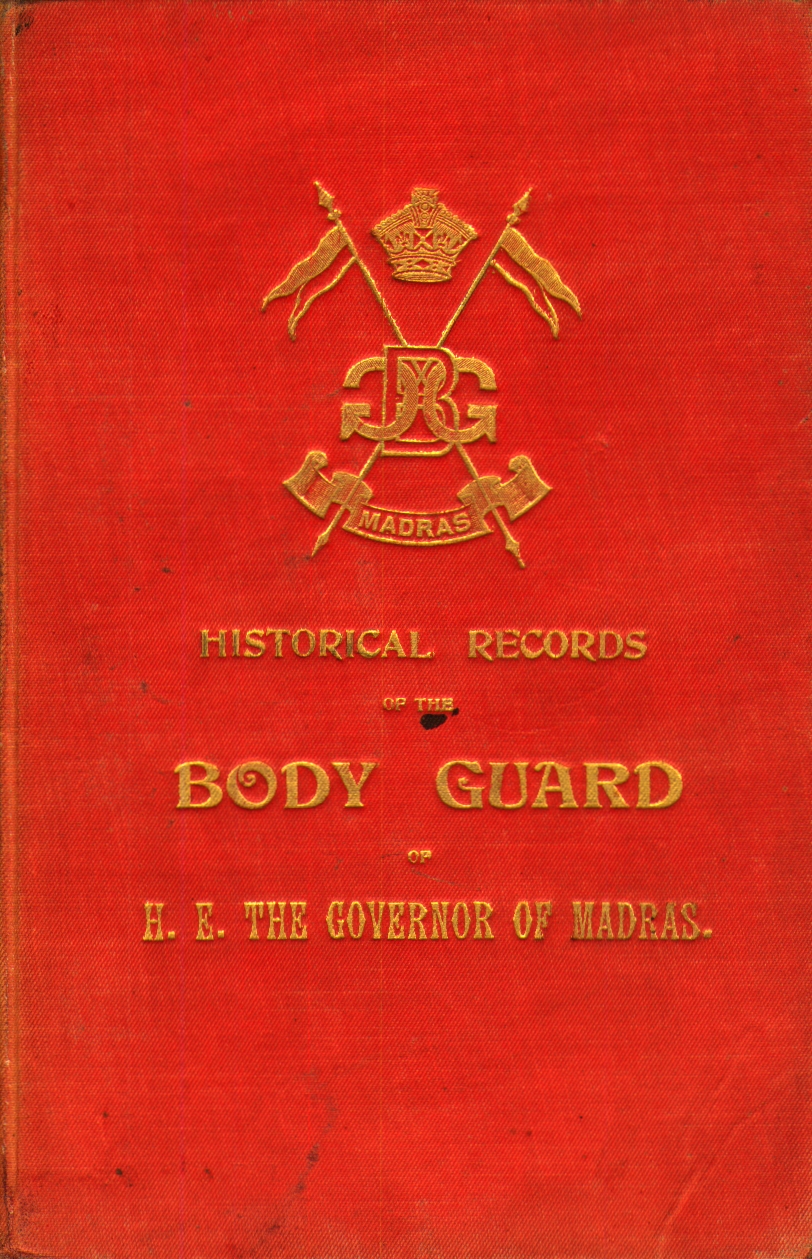
In India, as an officer in a mounted regiment, he, perhaps inevitably, developed an enjoyment of polo, a sport in which he clearly became very skilled. Another passion was big game hunting. He even found time to write a short book. He had been appointed to command the Governor’s Body-guard in 1910 and that year he published his revision of the Historical Records of the Body Guard of H. E. The Governor of Madras.
At the outbreak of the First World War troops from the Empire were called upon to play a part in fighting the Germans. The 20th Deccan Horse was sent to France, landing at Marseilles in September 1914 and, after a month, moved to Orleans and then on to the Pas-de-Calais where they first saw action that November. Rivers was promoted Major the following year. The regiment was held in reserve for most of 1915 but Rivers was detached from the regiment and in January 1916, as a temporary Lieutenant Colonel and still only 34, was given command of the 9th Battalion of the Cheshire Regiment. The battalion was engaged in the Battle of the Somme from 1st July 1916, the opening day of the offensive, and for the following fortnight, going back into action after a few days away from the front for the attack on High Woods and the Battle of Pozières. In the Spring of 1917 the 9th Cheshires were north of Messines in Belgium, where the Germans held the ridge that gave them a commanding view of the landscape south of Ypres. The British mined the ridge, the massive explosion taking place in the early hours of the 7th June, whereupon Rivers led his battalion (literally) in a series of coordinated advances over the next two days until they were relieved. Rivers, who was awarded the DSO, remained in command of the 9th Cheshires until October that year when, promoted to temporary Brigadier General (though still only having the permanent rank of Major), he took command of the 173rd Brigade, relieving Captain (but temporary Brigadier General) Bernard Freyburg VC, who had been wounded.
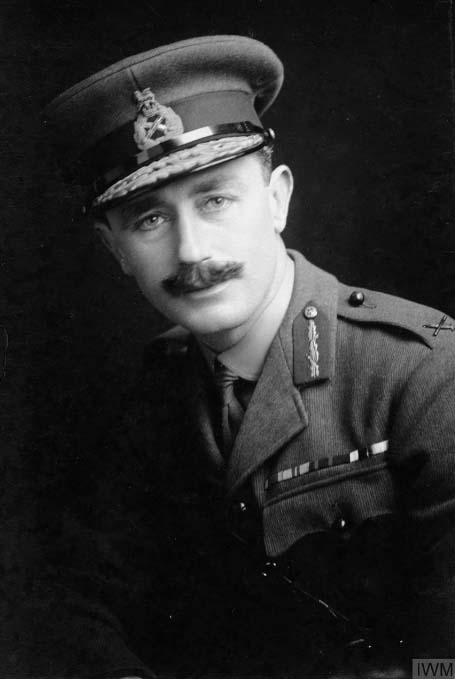
The 173rd Brigade were engaged in the Second Battle of Passchendaele at the time but appalling weather and atrocious mud prevented the Brigade from making any significant headway. Exhausted and suffering many casualties they were relieved at the end of October. Rivers Worgan was promoted Lieutenant Colonel in 1918, though he still retained his temporary rank of Brigadier General. In March the 173rd were positioned near La Fère, north of the River Oise and about 15 miles south of Saint-Quentin, when the German Spring offensive began. After four days’ fighting they were unable to withstand the German advance, and so withdrew across the river. By the beginning of April what was left of the Brigade were moved to Villers-Bretonneux, 50 miles to the west and near to Amiens, where they were reinforced. They were in action again on the 24th April when the second German advance began. Using tanks and firing gas shells the Germans made significant gains but were then driven back.
The 173rd Brigade were moved out of the line and in July Rivers handed over his command.
After the war, Rivers was back in India and between 1919 and 1920 served in the Third Afghan War and in the Waziristan Campaign. But, as I mentioned previously, his particular skills in administration were to be called upon again. Prince Arthur, Duke of Connaught, son of Queen Victoria and a Field Marshal in the Army was to tour India in 1921 and Rivers, now a full Colonel, was appointed his Military Secretary. For his services to the duke, Rivers was appointed a Commander of the Royal Victorian Order.
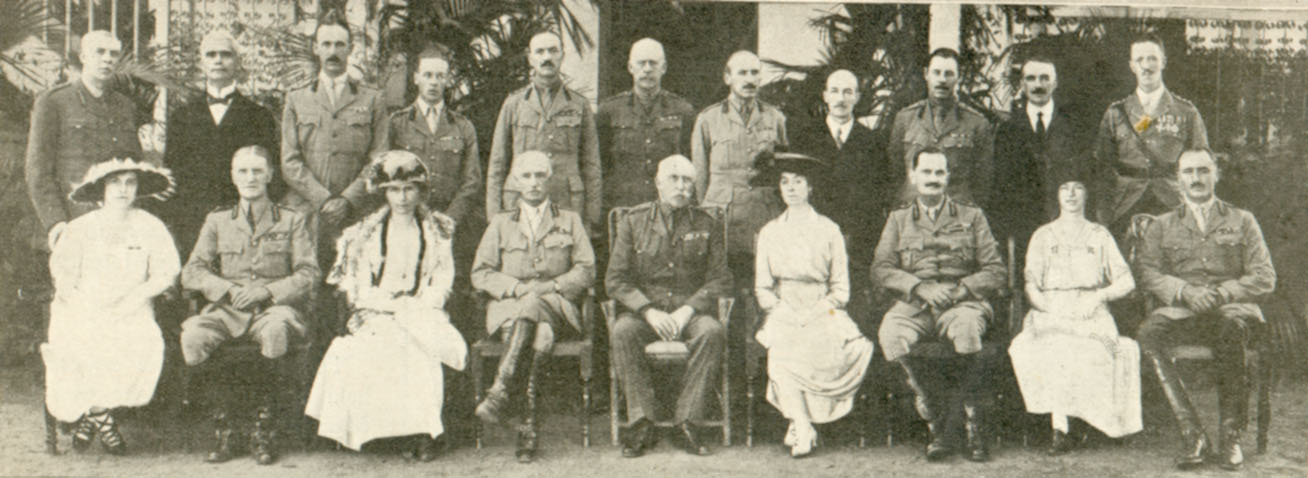
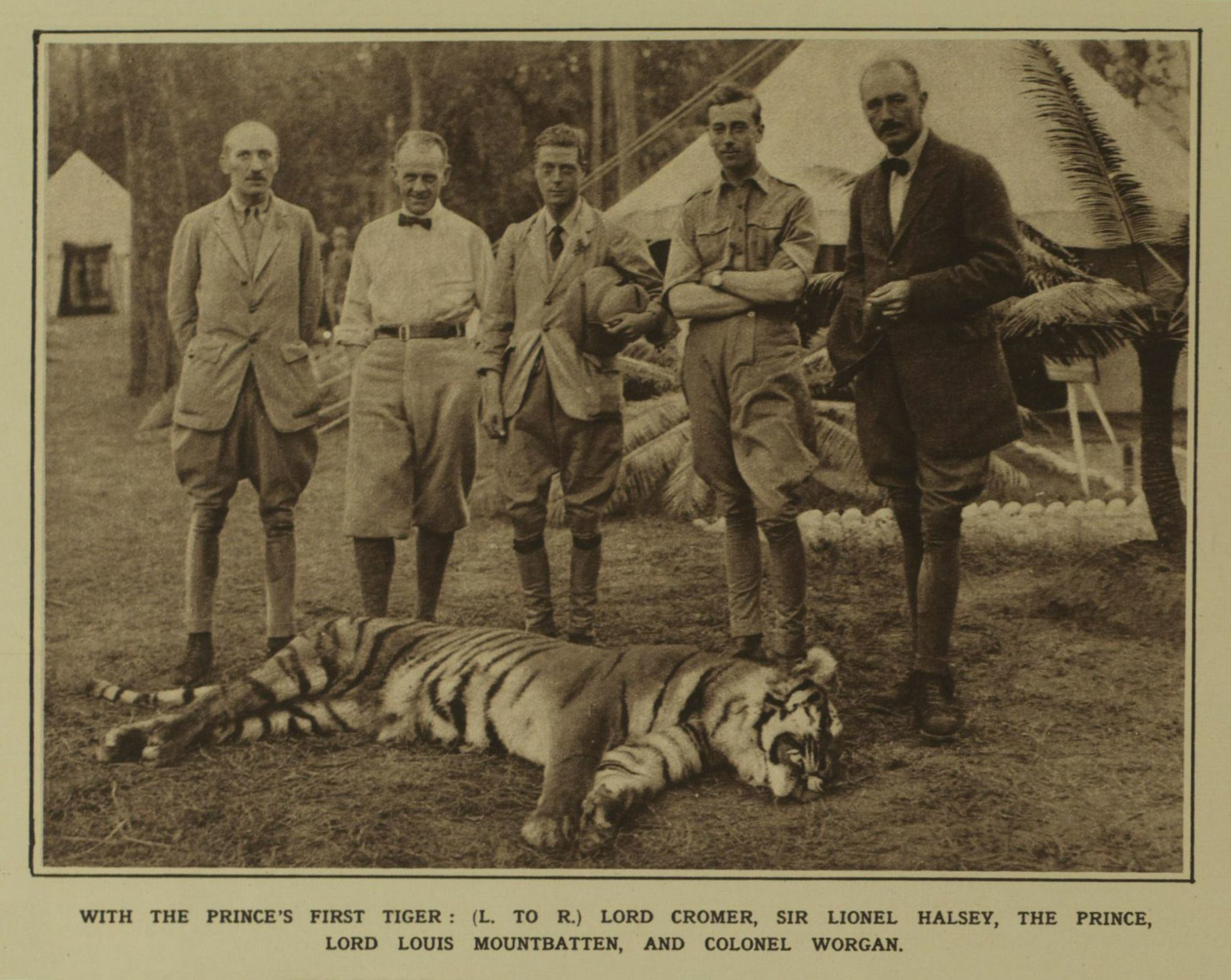
Clearly Rivers had proved to be a success as a Military Secretary, so later the same year he was appointed to the same position when the Prince of Wales also toured the sub-continent. This, of course, was a much more prestigious affair, although I suspect a little less formal given the Prince’s character. However, it would inevitably included a great deal of travelling and many receptions. It also involved a tiger hunt, which was a favourite pastime of Rivers. The hunt took place at Karrapur and the tiger that was shot was, in fact, dispatched by Rivers rather than by the Prince. Again, for his services, Colonel Worgan was decorated, this time being made a Companion of the Order of the Star of India.
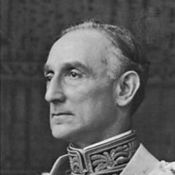
Rivers Worgan would be appointed Military Secretary for a third time in 1923 when he took on the role for the Viceroy of India, Lord Reading, but this time it was an appointment for three years rather than just for the duration of a royal tour. At the age of 49, Colonel Worgan retired from the army with the honorary rank of Brigadier General and settled in London, in an apartment in Pall Mall. In 1932, appropriately given his past career, he was made one of His Majesty’s Body-guard of the Honourable Corps of Gentlemen-at-Arms. But the honour was to be short-lived; he died on the 6th February 1934 at the early age of 54.
